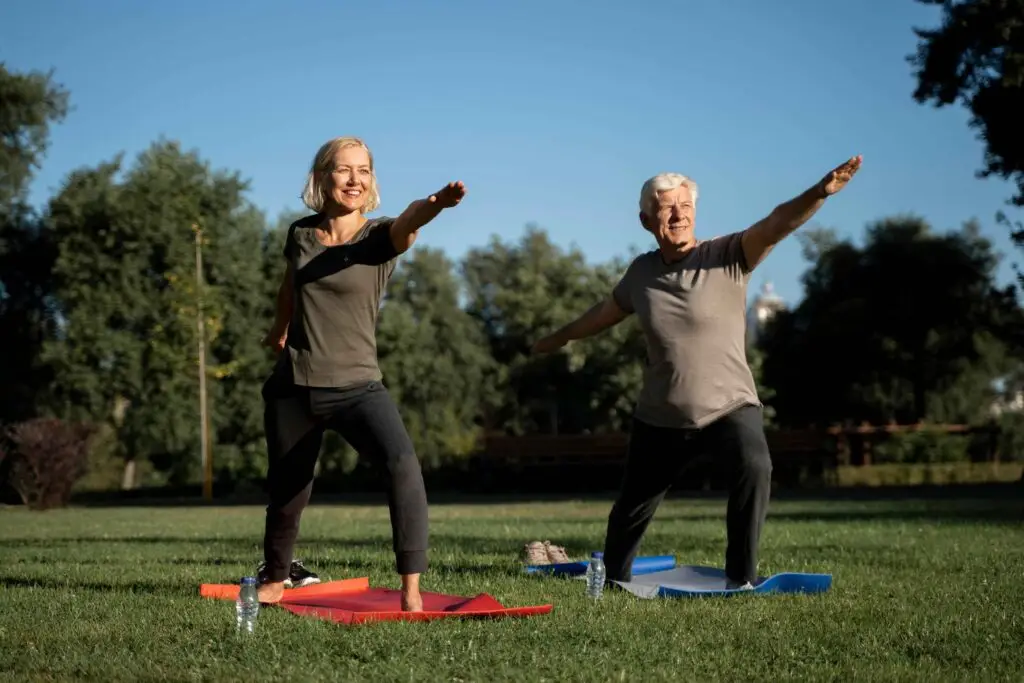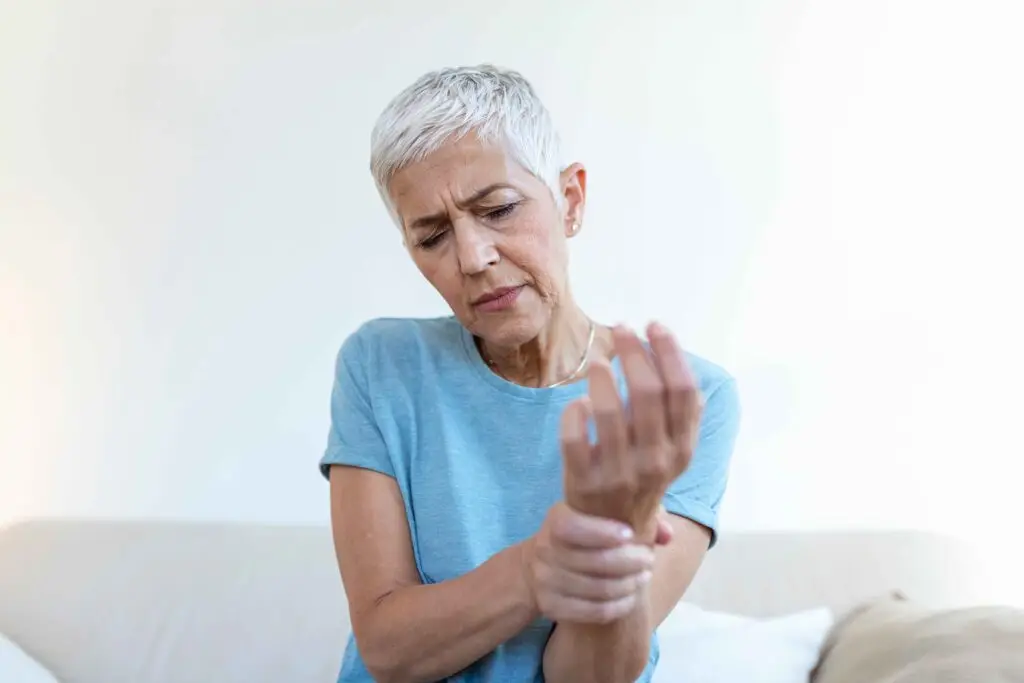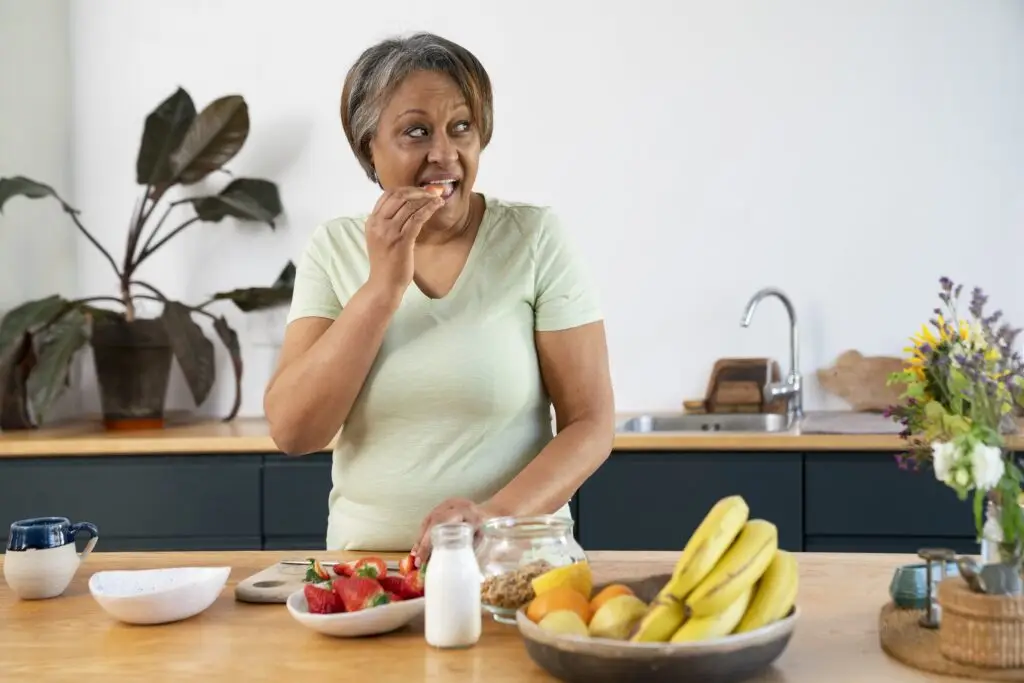Turning 60 is a milestone that brings both excitement and change. For many, it’s a time to slow down and enjoy the fruits of a life well lived. But it’s also a moment to pay closer attention to your health and well-being. Healthy aging isn’t about avoiding the inevitable — it’s about embracing this new chapter with strength, vitality, and joy.
You might have noticed your energy levels shifting or your sleep patterns changing. Maybe your joints don’t feel as spry as they once did, or you’re looking for ways to keep your mind sharp. These are all natural parts of aging, but the good news is there’s a lot you can do to feel your best, no matter your age.
This guide will walk you through the most important habits and lifestyle changes to help you stay healthy, active, and mentally sharp well into your 60s, 70s, and beyond.
Nutrition Essentials for Seniors: Feeding Your Body Right
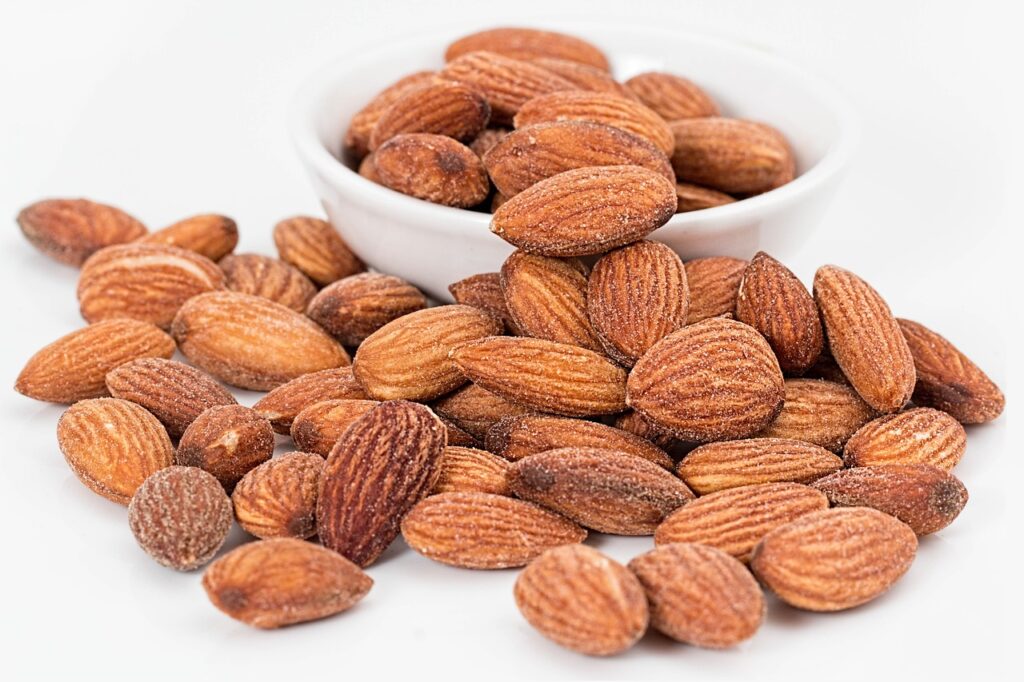
What you put on your plate matters more than ever after 60. Your body’s metabolism slows down, muscles need more support, and your bones require extra care. Eating well isn’t about strict dieting or deprivation; it’s about nourishing yourself in a way that feels good and sustainable.
Protein is a superstar nutrient for seniors. As we age, our muscle mass naturally declines, which can affect mobility and balance. Including lean sources of protein — like chicken, fish, eggs, beans, and nuts — in your meals helps maintain muscle strength and repair.
Fiber is another key player. It keeps your digestion smooth, supports heart health, and helps regulate blood sugar levels. Whole grains, fruits, vegetables, and legumes are great sources. And don’t forget hydration — many older adults feel less thirsty, but your body still needs plenty of water. Aim to sip regularly throughout the day, even if you don’t feel parched.
Certain nutrients deserve special attention. Calcium and vitamin D are essential for strong bones, helping to prevent fractures and osteoporosis. You can get these from dairy products, leafy greens, fortified cereals, and a little safe sunshine. Meanwhile, it’s a good idea to limit added sugars and salt, which can contribute to blood pressure and blood sugar issues.
Eating smaller, more frequent meals can also help keep your energy stable, and enjoying meals with family or friends makes it a pleasure rather than a chore.
Staying Active and Moving Well: The Key to Independence

Moving your body isn’t just about staying slim — it’s one of the most powerful ways to preserve your independence as you age. Regular exercise improves your heart health, strengthens muscles, maintains balance, and lifts your mood.
If you haven’t been active in a while, don’t worry. It’s never too late to start, and you don’t need a gym membership or fancy equipment. Simple activities like walking, gardening, or dancing in your living room count.
Incorporating strength training twice a week is especially beneficial. Using light weights, resistance bands, or even bodyweight exercises helps maintain muscle mass, which naturally declines with age. Strong muscles make everyday activities — from carrying groceries to climbing stairs — easier and safer.
Balance exercises are equally important because falls are a leading cause of injury among seniors. Tai chi, gentle yoga, or specific balance drills can reduce your risk by improving coordination and stability.
Most importantly, listen to your body. Start slow, build up gradually, and consult your healthcare provider before beginning any new exercise routine, especially if you have chronic conditions.
Mental and Emotional Wellness: Caring for Your Mind and Spirit
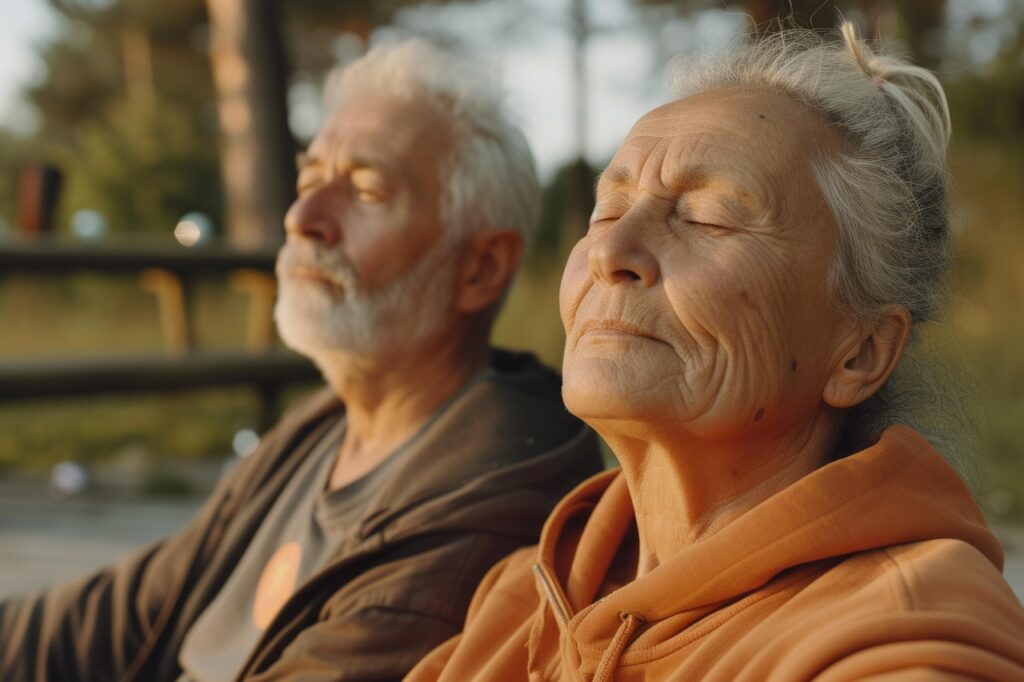
Taking care of your mental health is just as important as your physical health. Feeling connected, purposeful, and emotionally balanced can improve your quality of life immensely.
Social connections play a huge role. Staying engaged with friends, family, or community groups can reduce feelings of loneliness and depression. Technology makes it easier than ever to stay in touch, whether by phone, video calls, or social media.
A positive mindset also makes a difference. Practicing gratitude, focusing on things you enjoy, and setting small goals can boost your mood and motivation.
Stress management is key. Mindfulness practices like meditation, deep breathing, or even simple hobbies such as knitting, painting, or gardening can help soothe your mind.
If you find yourself struggling with sadness or anxiety, remember that it’s okay to seek support.
Talking to a trusted friend, family member, or professional counselor can provide relief and guidance.
Sleep and Rest: Why Good Sleep Matters More Than You Think

Sleep patterns naturally shift as we age, and many seniors find they don’t sleep as deeply or as long as they once did.
But rest is essential for healing, memory, and overall well-being.
Creating a calming bedtime routine can help signal your body it’s time to wind down.
Going to bed and waking up at the same time every day, avoiding caffeine in the afternoon, and limiting screen time before bed can all improve sleep quality.
Make your bedroom a restful sanctuary — cool, dark, and quiet. Blackout curtains, comfortable bedding, and a white noise machine can help if noise or light disrupt your sleep.
While short naps can be refreshing, long or late-day naps might interfere with nighttime rest.
If sleep problems persist, it’s worth discussing them with your doctor, as conditions like sleep apnea or restless legs can be addressed.
Preventive Health and Regular Checkups: Staying Ahead of the Curve
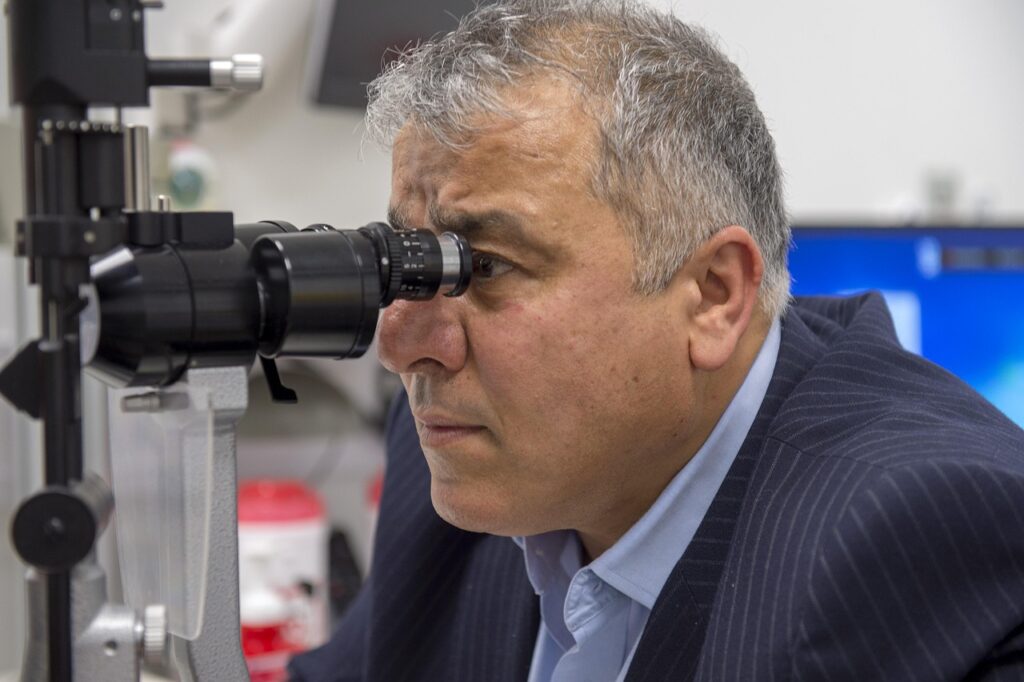
Prevention is one of the best investments in your health. Regular checkups and screenings help catch issues early, when they’re easier to treat.
Stay on top of recommended tests like blood pressure, cholesterol, bone density, and cancer screenings. Keep an updated list of your medications and any symptoms you notice to discuss with your healthcare provider.
Building a trusting relationship with your doctor allows for personalized advice tailored to your unique health profile. Don’t hesitate to ask questions or voice concerns.
Vaccinations also play a vital role in protecting your health. Annual flu shots, shingles vaccines, and pneumococcal vaccines help prevent serious illness.
Lifestyle Habits That Make a Difference
Some habits might seem small but can have a big impact.
Avoid smoking — it damages your lungs, skin, and heart, accelerating aging. Limit alcohol consumption to moderate amounts to reduce risks of falls and medication interactions.
Maintaining a healthy weight helps reduce strain on joints and lowers the risk of many chronic diseases. Staying hydrated is often overlooked but critical — keeping a water bottle handy and drinking throughout the day can prevent dehydration, which is common in seniors.
Conclusion: Your Journey to Vibrant Aging Starts Today
Healthy aging is not about chasing perfection — it’s about embracing progress, kindness to yourself, and enjoying each day to its fullest. Start with one or two small changes that feel doable. Maybe it’s adding a short walk to your morning, swapping a sugary snack for fresh fruit, or calling a friend regularly.
Remember, you’re not alone on this journey. There’s a whole community of people who want to thrive in their 60s, 70s, and beyond — and plenty of resources to support you. Your best years are ahead, filled with possibility and purpose.



